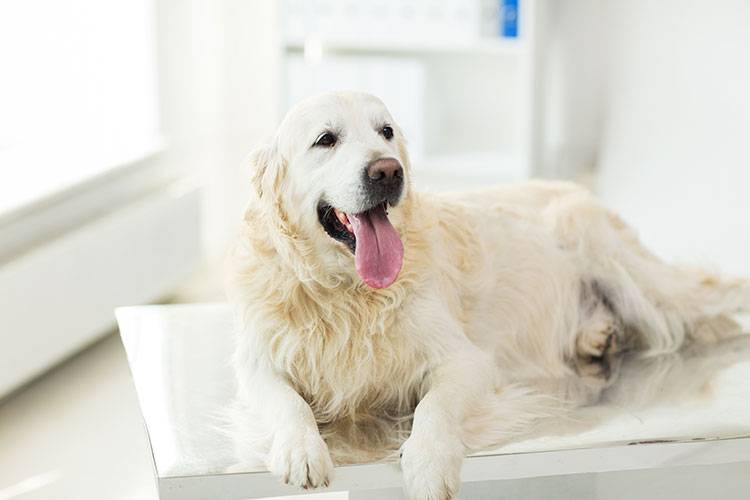What’s Involved When Changing Vets
Breaking up with anyone is difficult. Choosing to leave your current veterinarian, regardless of the reason, is extremely uncomfortable. Many pet owners put off this decision, hoping something changes soon, but it rarely does. If your gut is screaming that you and your dog need a new vet, then it’s time to pull up your socks and get it done. Yes, switching veterinarians can be done painlessly and graciously.
Trust Your Gut
It’s easy to second-guess your gut feeling, but that feeling is there for a reason. If your previous vet left your vet clinic, you can’t get a timely appointments for your pets, your appointments always run behind because the clinic you visit needs more vet assistants or other support staff, or if you’ve simply moved then breaking up with your vet is easy.
When you’re dissatisfied with your dog’s health care or staff members are rude, then that’s when it gets tricky. Many times staff members are rude because there was a misunderstanding. In that case, speak with your veterinarian or practice manager about it. However, sometimes those discussions just don’t work and it’s time to move on.
Trust and listen to your gut, and start looking for a new vet before something happens to your dog. Ask dog friends or your dog trainer for referrals and look into force-free vet clinics.
Transferring Vet Records
This is the point where most pet owners chicken out. While it’s easy to start from scratch with a new vet, it’s not fair to your dog. Your dog’s previous health records are extremely valuable to your new vet.
There are two ways you can transfer vet records. One way is to ask your previous vet to transfer your dog’s health records to your new vet. The second way, which may be a little less uncomfortable for you, is to contact your new vet’s office and have them request your dog’s medical records from your previous vet. What’s most important is your new vet receives those health records.
Remember, you don’t owe anyone an explanation unless you want to. Do tread carefully though and explain why you’re searching for a new vet. Maybe mention that you’re seeking a more integrative approach, you need a vet closer to your home or you received a referral from a fabulous dog-savvy friend. Never burn bridges, so handle this situation politely.
Meeting the New Vet
Assuming you’ve completed extensive research, it’s time to meet your new vet. Keep an open mind and refrain from bashing your previous vet. When pet owners speak negatively about others, it’s uncomfortable for everyone in the room. Switching vets is explanation enough; your new vet knows there was a reason. Instead of explaining why you left, provide details of your dog’s medical history that your vet may need to know.
Also, observe how your new vet and her staff handle your dog, how she explains your dog’s health, and how she answers your questions.
Never Give Up
Hopefully, your new vet fulfills your and your dog’s needs. Sometimes, it just doesn’t work out and that’s OK. Remember, you’re your dog’s voice, so never give up until you find the best veterinarian and support staff. Yes, it’s difficult and uncomfortable, but it’s completely worth it. You’re your dog’s advocate, so speak up. 🙂





